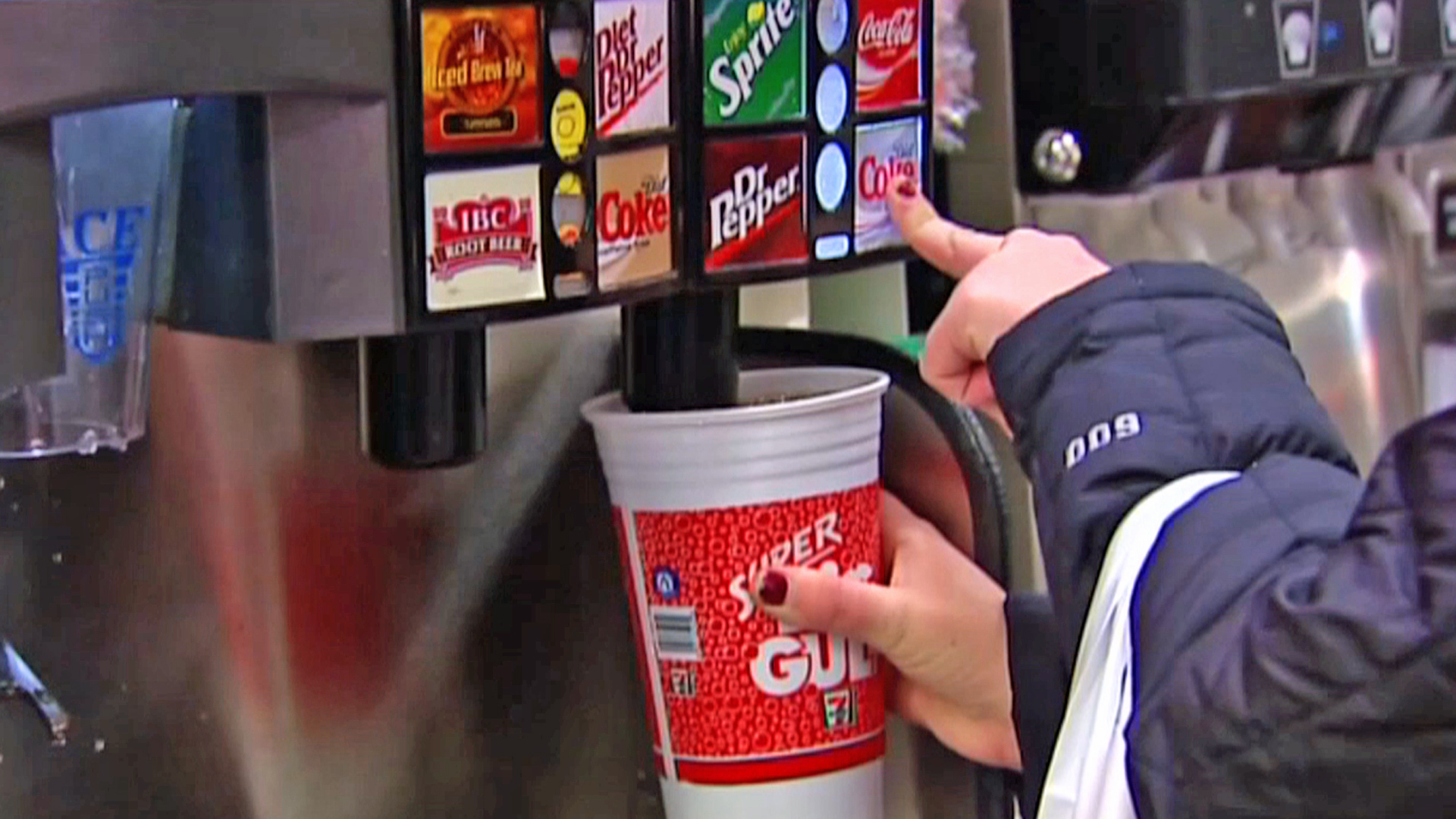Bloomberg’s ban on big sodas is unconstitutional: appeals court

Bloomberg’s ban on big sodas is unconstitutional: appeals court
October 11, 2021
New York City Mayor Michael Bloomberg’s controversial plan to keep large sugary drinks out of restaurants and other eateries was rejected by a state appeals court on Tuesday, which said he had overstepped his authority in trying to impose the ban.
The law, which would have prohibited those businesses from selling sodas and other sugary beverages larger than 16 ounces (473 ml), “violated the state principle of separation of powers,” the First Department of the state Supreme Court’s Appellate Division said.
The decision, upholding a lower court ruling in March that struck down the law, dealt a blow to Bloomberg’s attempt to advance the pioneering regulation as a way to
combat obesity. Beverage makers and business groups, however, challenged it in court, arguing that the mayoral-appointed health board had gone too far when it approved the law.
A unanimous four-judge panel at the appeals court agreed, finding that the board had stepped beyond its power to regulate public health and usurped the policy-making role of the legislature.
In particular, the court focused on the law’s loopholes, which exempted businesses not under the auspices of the city’s health department and left certain drinks, such as milk-based beverages, unaffected.
As a result, grocery and convenience stores – such as 7 Eleven and its 64-ounce Big Gulp – were protected from the ban’s reach, even as restaurants, sandwich shops and movie theaters were not. Meanwhile, milkshakes and high-calorie coffee drinks like Starbucks’ Frappucinos would have remained unfettered.
“The exceptions did not … reflect the agency’s charge to protect public health but instead reflected the agency’s own policy decisions regarding balancing the relative importance of protecting public health with ensuring the economic viability of certain industries,” Justice Dianne Renwick wrote for the court.
In a statement, Bloomberg said the decision was a “temporary setback” and vowed to appeal to the state’s highest court, the Court of Appeals. If the court declines to hear the city’s appeal, the case would come to an end.
Bloomberg also said that more than 2,000 New Yorkers had died from diabetes since March 12, when the law was struck down just one day before it was to take effect.
The proposed ban, the first of its kind, drew national attention, as public health advocates praised the plan while critics decried Bloomberg for trying to create a “nanny state.”
A spokesman for the American Beverage Association, an industry group that served as the lead plaintiff in challenging the law, said, “With this ruling behind us, we look forward to collaborating with city leaders on solutions that will have a meaningful and lasting impact on the people of New York City.”
Courtesy Reuters.com





